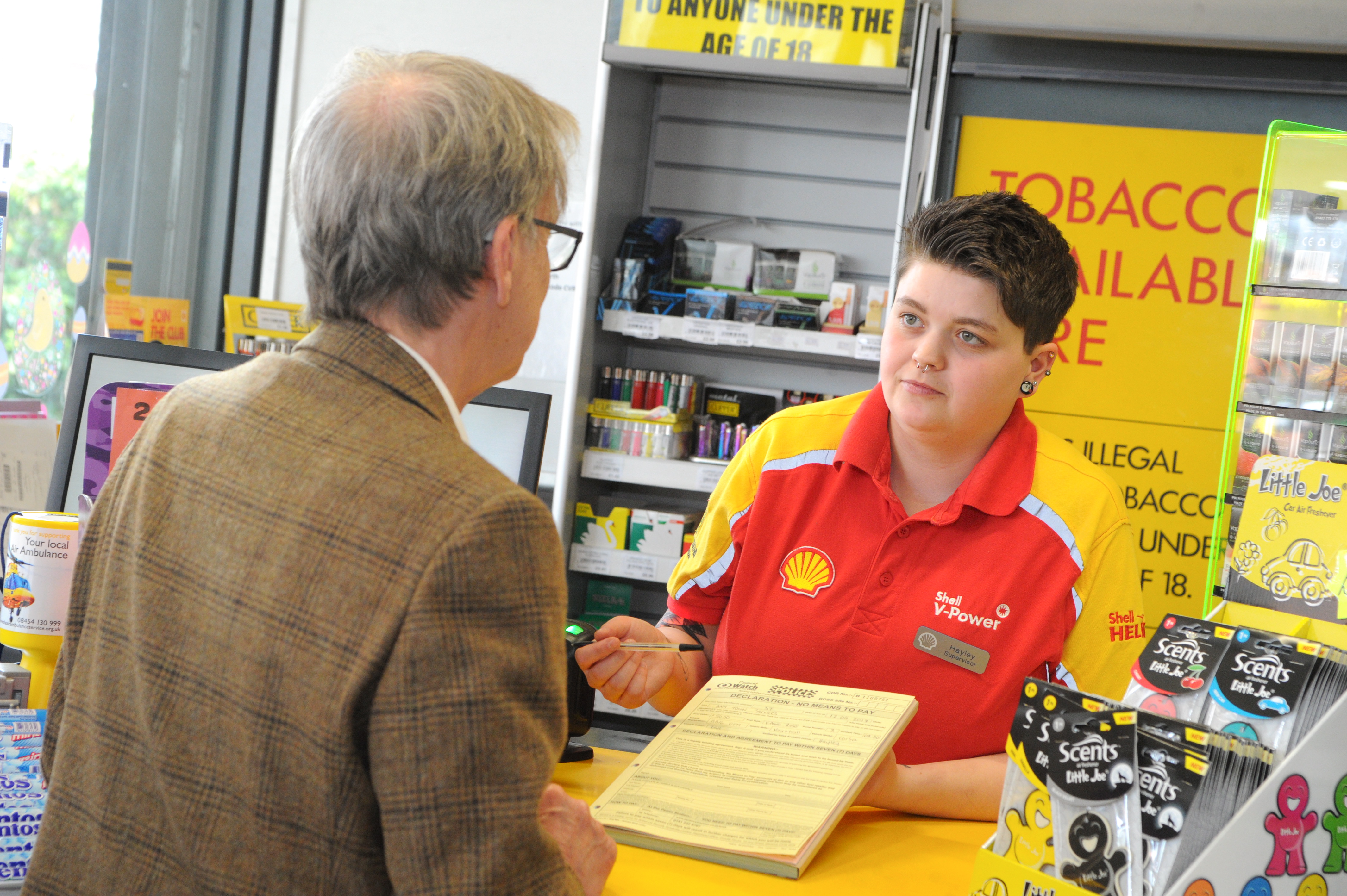
NMoP - No Means of Payment
Forecourt fuel crime falls into two categories. Motorists either Drive-Off without attempting to pay for fuel or drivers claim to have No Means of Payment (NMoP), then agree to pay but subsequently fail to return and pay.
BOSS Payment Watch is the leading debt recovery service for forecourt operators
What is No Means of Payment?
Motorists claiming to have No Means of Payment is the biggest challenge facing forecourt operators and accounts for two-thirds of all forecourt fuel crime. Fuel crime can cost an average forecourt outlet more than £9,000 in lost revenue every year.
In the majority of cases, motorists make a genuine mistake when they have no means to pay for fuel. Our Payment Watch service gives motorists the opportunity to return to pay either in person, via phone or online. We see 80% of a motorist making payments within seven days. If they don’t return to pay within seven days, we will chase the registered keeper of the vehicle for payment. Last year we were able to recover around £15million of money owed to forecourt operators.
Fluctuating fuel prices make it difficult to detail the total cost of forecourt fuel crime at any one time. However, in 2019 BOSS research estimated forecourt fuel crime cost forecourt operators £88 million per annum when fuel prices peaked at 130.8 pence per litre (ppl). Escalating fuel prices during could result in the total cost soaring past £100 million.
Annually BOSS records around 800,000 unpaid fuel incidents.
Historically driving off from a pump was the dominant type of forecourt fuel crime – it accounted for about two-thirds of all reports…but not any more.
Since the pandemic, NMoP has grown steadily and surpassed Drive-Off incidents as the larger percentage of unpaid fuel incidents. NMoP now represents two-thirds of all unpaid fuel incident reports.
To sign up to BOSS Payment Watch contact BOSS at 01926 864 757

